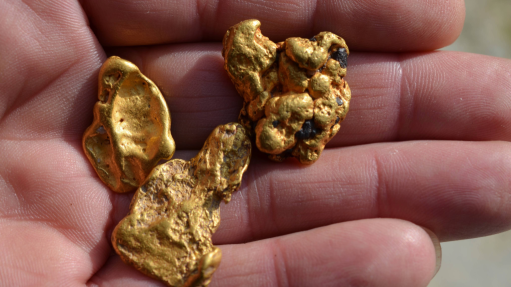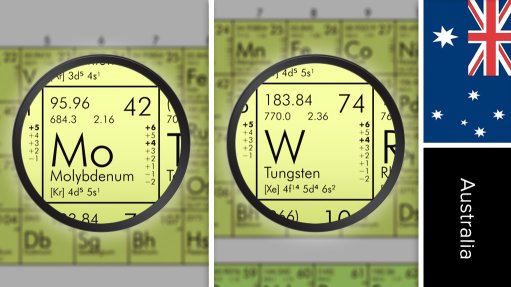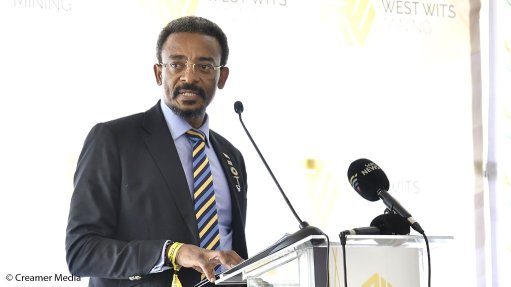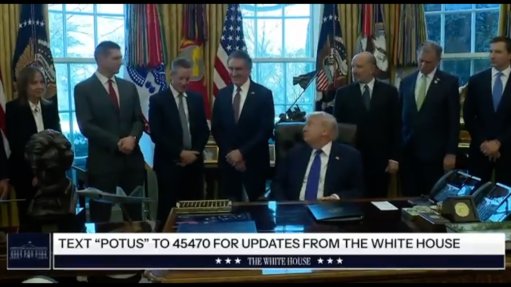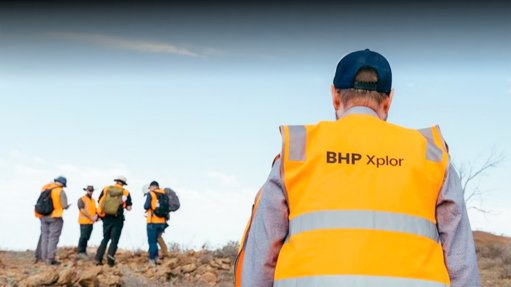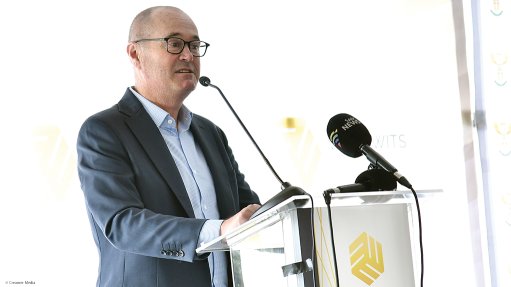CCUS not viable for S Africa yet

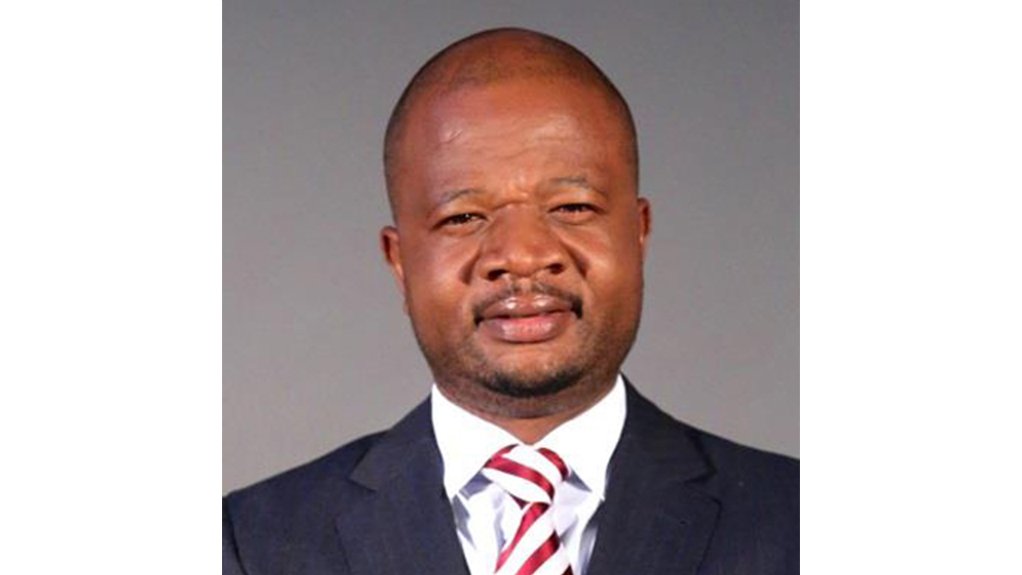
MDU MLABA To reduce South Africa’s carbon footprint, the country should focus on rolling out renewable energy projects like wind, solar and green hydrogen
Despite North America and the UK being the global frontrunners in carbon capture, utilisation and storage (CCUS), with more than 40 new related projects announced last year, society body the National Society of Black Engineers of South Africa president Mdu Mlaba says the organisation does not support CCUS for a developing country.
“We are not currently involved in any carbon capture projects because the business case for South Africa to be involved in such projects is not feasible. These projects generally require a large sum of upfront capital, and the country has a very limited balance sheet with competing financial demands,” he tells Mining Weekly.
Mlaba explains that these financial demands, such as the payment of social grants, the much-needed capital injection into State-owned utility Eskom – which is critical for gross domestic product growth – the funding of education, and the upgrade of water and sanitation infrastructure, take precedence over the implementation of new carbon capture projects.
“To reduce South Africa’s carbon footprint, we should focus on rolling out renewable energy projects like wind, solar and green hydrogen (H2). In fact, there is a huge international demand for green H2 and South Africa stands a good chance to be one of the key global players in the green H2 economy.”
He states that the country can export green H2 in the form of tradable products like ammonia, methanol, ethanol, green steel, fertilizer, aviation fuel, maritime fuel and cement and can take up to 10% of the global market value of these tradable products.
In contrast to South Africa, over the past 20 years, the US government and its private sector have invested billions of dollars to fund the capture of carbon dioxide (CO2) from industrial and power plant sources, he notes.
Mlaba states that, despite this extensive support, about 80% of projects have failed and the 20% that have succeeded were fuelled by the host country’s risk appetite for fossil fuel infrastructure development and the availability of government tax credits. These tax credits provided companies with a guaranteed revenue stream, should they store CO2 in deep geological repositories.
“The only major incentive companies have had thus far to recoup their investments in carbon capture is by selling the CO2 to major oil and gas companies, which then inject it into upstream crude oil fields to enhance the rate of crude oil extraction. Beyond selling it to major oil and gas companies, CO2 is not a valuable commodity.”
Consequently, there are few viable business cases that can sustain the CCUS industry on a scale that is “necessary to stabilise the climate”, without policy-backed incentives.
Mlaba expects developed nations with rich oil and gas repositories to aggressively pursue CCUS deployment as a means of continuing with fossil fuel production.
This would enable countries to continue producing fossil fuel-based products and solutions while reducing greenhouse-gas emissions, in line with the low-carbon transition commitments made in line with the 2015 Paris Agreement.
“This would, in turn, result in a great international demand for project management skills in this space,” he concludes.
Article Enquiry
Email Article
Save Article
Feedback
To advertise email advertising@creamermedia.co.za or click here
Announcements
What's On
Subscribe to improve your user experience...
Option 1 (equivalent of R125 a month):
Receive a weekly copy of Creamer Media's Engineering News & Mining Weekly magazine
(print copy for those in South Africa and e-magazine for those outside of South Africa)
Receive daily email newsletters
Access to full search results
Access archive of magazine back copies
Access to Projects in Progress
Access to ONE Research Report of your choice in PDF format
Option 2 (equivalent of R375 a month):
All benefits from Option 1
PLUS
Access to Creamer Media's Research Channel Africa for ALL Research Reports, in PDF format, on various industrial and mining sectors
including Electricity; Water; Energy Transition; Hydrogen; Roads, Rail and Ports; Coal; Gold; Platinum; Battery Metals; etc.
Already a subscriber?
Forgotten your password?
Receive weekly copy of Creamer Media's Engineering News & Mining Weekly magazine (print copy for those in South Africa and e-magazine for those outside of South Africa)
➕
Recieve daily email newsletters
➕
Access to full search results
➕
Access archive of magazine back copies
➕
Access to Projects in Progress
➕
Access to ONE Research Report of your choice in PDF format
RESEARCH CHANNEL AFRICA
R4500 (equivalent of R375 a month)
SUBSCRIBEAll benefits from Option 1
➕
Access to Creamer Media's Research Channel Africa for ALL Research Reports on various industrial and mining sectors, in PDF format, including on:
Electricity
➕
Water
➕
Energy Transition
➕
Hydrogen
➕
Roads, Rail and Ports
➕
Coal
➕
Gold
➕
Platinum
➕
Battery Metals
➕
etc.
Receive all benefits from Option 1 or Option 2 delivered to numerous people at your company
➕
Multiple User names and Passwords for simultaneous log-ins
➕
Intranet integration access to all in your organisation







